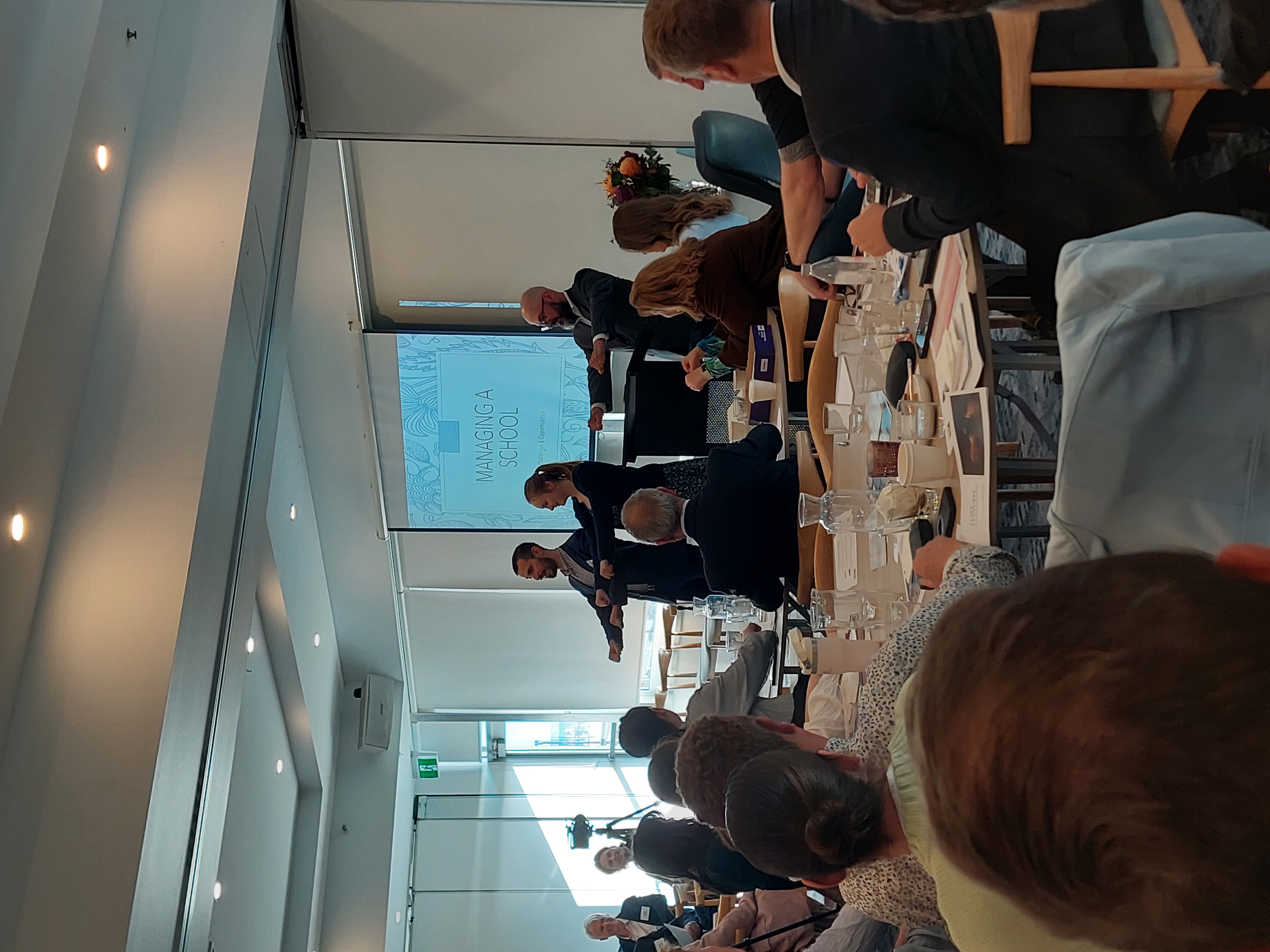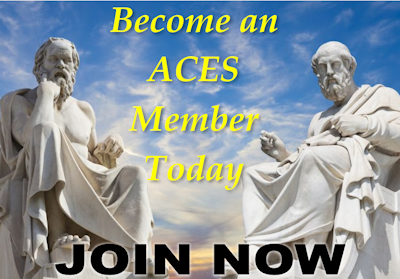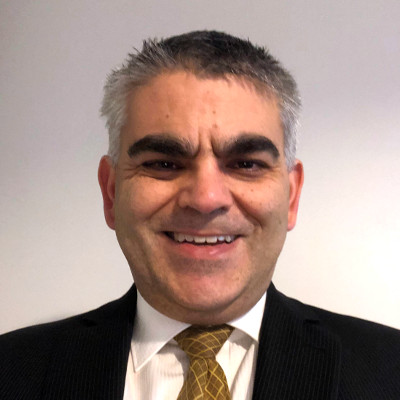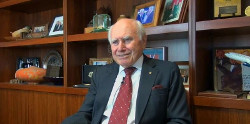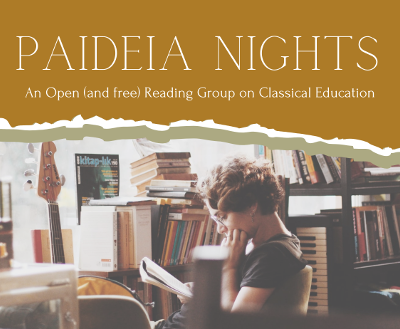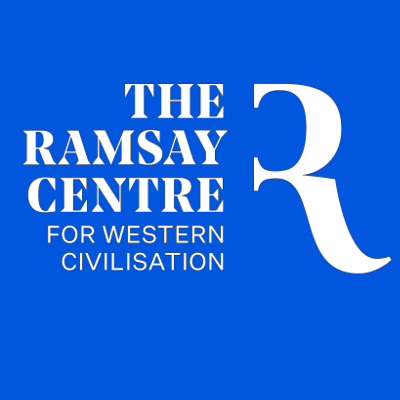On Friday 3 October 2025, Dr Kevin Donnelly hosted the fourth annual Australian liberal arts forum, this time at the Glenelg Pier Hotel by the beach in Adelaide. The event was emceed by Simon Haines, the inaugural CEO of the Ramsay Centre, and attended by over one hundred guests (with many more on the waiting list, a vastly increased turnout from the 25 attendees at the first conference in 2022).
Dr Donnelly introduced the day by musing on the burgeoning classical education movement in Australia. He remarked that much of this was due to reorienting public discussion regarding the purpose of education as seeking truth and wisdom, and thus cutting against several modern ideologies where truth is relative or does not exist. The current challenge is how to broaden the reach of liberal arts education, encompassing people from more diverse backgrounds.
The first speaker was Dr Bella d’Abrera, the Director of the Foundations of Western Civilisations Program at the Institute of Public Affairs. She raised some of the cultural and political problems associated with contemporary schooling and its indoctrination of children, highlighting the concerning content found in curriculum frameworks like “Belonging, Being and Becoming” (V 2.0, 2022). Such approaches focus on decolonisation, rob our young people of cultural literacy and raise them on anxiety-provoking curriculum content and socio-political issues. This is social justice ideology over teaching how to read and write. The value of classical education as a panacea to this educational disease is that it is rooted in natural law and reality, thereby countering these damaging trends. It is, she contended, one important way of saving Western civilisation.
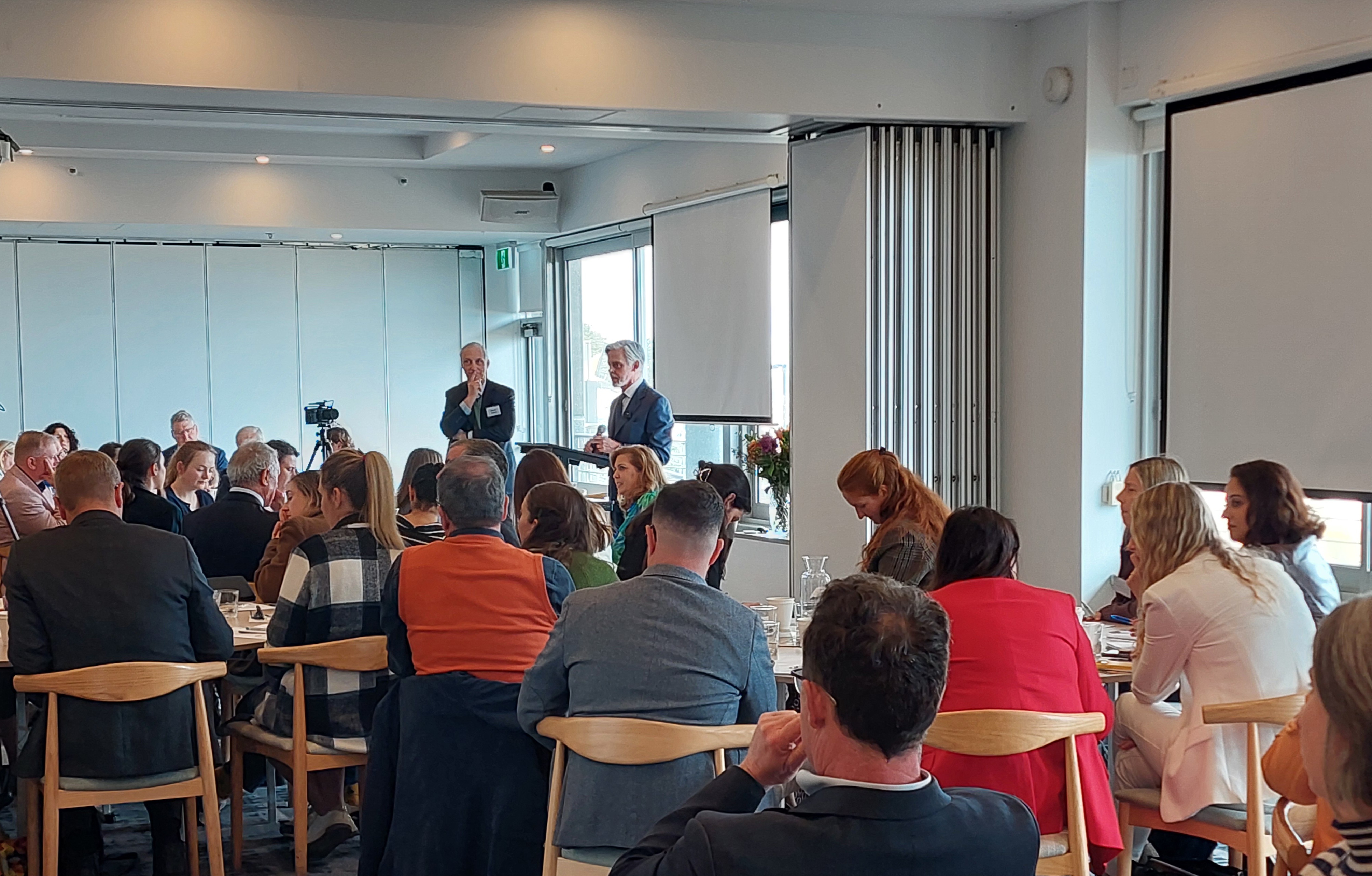
Following Dr d’Abrera, Dr Michael Casey took up the topic of how education is essential in the formation of character. Dr Casey is the Director of the PM Glynn Institute at Australian Catholic University. He first refined “classical education” to four core elements: (i) the pursuit of wisdom for (ii) intellectual and moral virtue formation, involving (iii) the integration of learning and (iv) the use of classical Western texts. These are all interrelated, of course, but Dr Casey choose to examine the second aspect in detail. Education, he said, involves formation and formation entails education. Yet, the two are distinct, as formation is not restricted to education and requires more than intellectual instruction. Virtuous character formation, in spite of how it might be articulated and defined, is something all parents want for their children. “To be human is to be formed,” he noted, “shaped and reshaped over the course of our lives.” Why? Because we are of the earth and made to be moulded by God and conformed to Him.
Dr Casey emphasised the need to practice virtues to form habits, since moral education is not simply a matter of the head or the heart but of the hands. Nevertheless, every student must consent to learn (both with regards to the intellectual and moral virtues); a “liberal” education requires them to be free to willingly develop the moral and religious senses inherent within them. Why would a young person consent to education? Partly because he or she is exposed to the beauty of the Good, such as, through reading about God’s goodness in Scripture or observing good people’s actions. This provokes an attraction to emulate them. Relationships with good people are in fact essential in this; they provide the prime motive for someone wanting to be good themselves. A child's relationship with God, of course, further – and more profoundly – motivates formation in moral virtue. The good teacher knows and does this: she firstly develops a friendship with her student; through this she helps the student to see things in the world differently; and, finally, gives the student freedom to, through trial and error, learn for themselves.
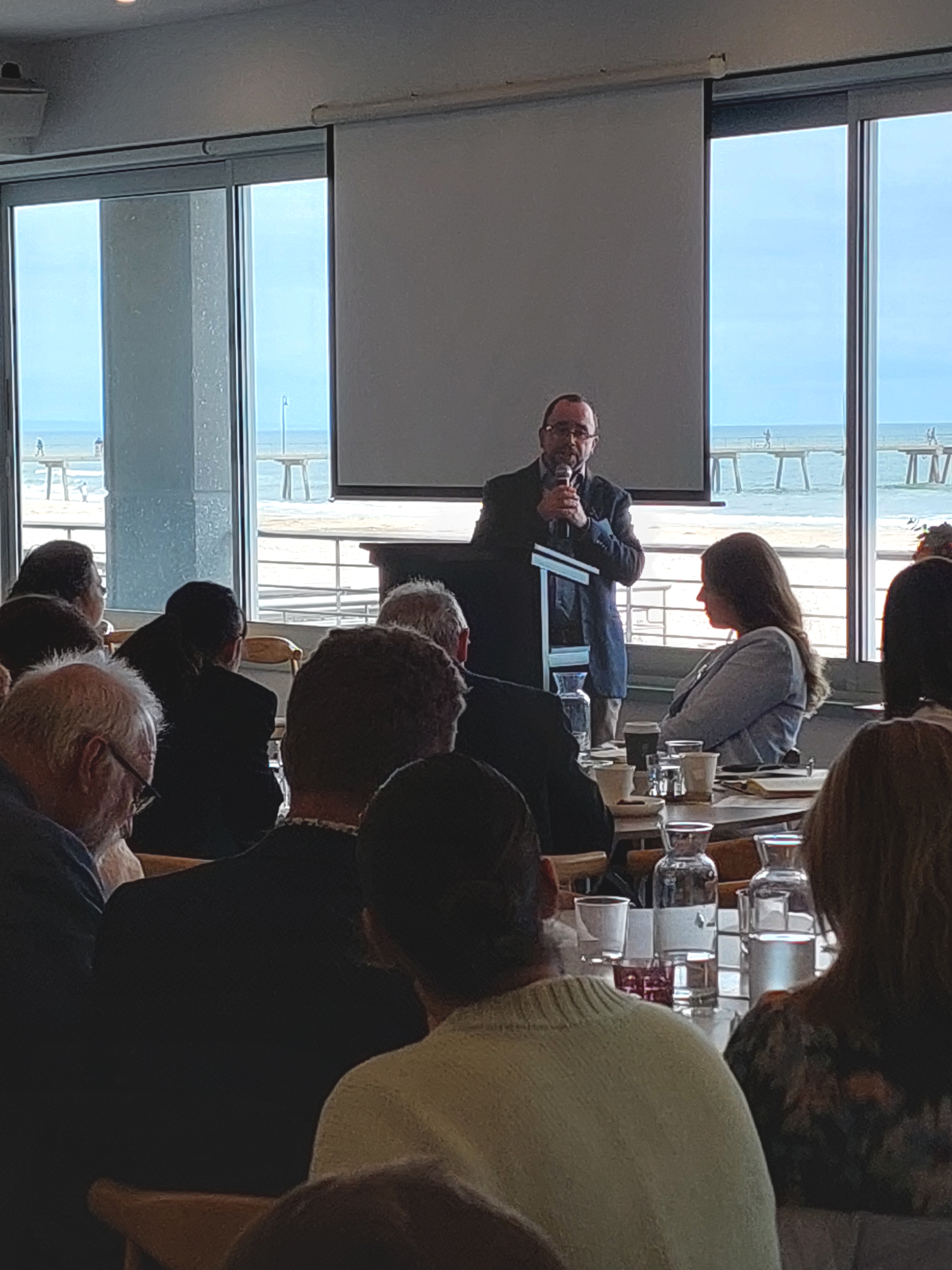
After a short break, Dr Paul Morrissey, President of Campion College, spoke next. He began by saying there are very positive signs in liberal arts education today, and, from his recent experience, Campion is being approached with greater frequency by individuals and organisations interested in this kind of learning. Despite this, our country remains content with the mediocre. There is mediocrity in our curriculum priorities, for example, which follow socio-political fads rather than truth, wisdom, wonder and awe. Classical education can stand out and challenge the mediocrity in the Australian educational landscape. Dr Morrissey ended by discussing Campion College’s investigation into initiating a Masters of Education programme in liberal arts teaching, which could potentially be based on a mentor model of teacher training.
It was quite fitting that after Dr Morrissey, a panel of three students spoke to the audience about their experience with classical education – two were graduates of Campion. Phoebe Lawrence expressed in very warm terms her experience at the college, particularly her interaction with the great books, development of critical thinking and spiritual growth. She said that the teachers there took her seriously as a student and had high expectations of her. Ana Carabelas is currently being homeschooled in a liberal arts model. She commented how this form of education was beneficial in underscoring “how to think” over “what to think”, in addition to the beauty it exposes young people to and the purpose if gives to learning. Lastly, Nick Augimeri described his time at Campion College as “life changing”. He said students were encouraged to love what they studied, taking these ideas and materials seriously; the integration of subject matter further helped to bring order to education.
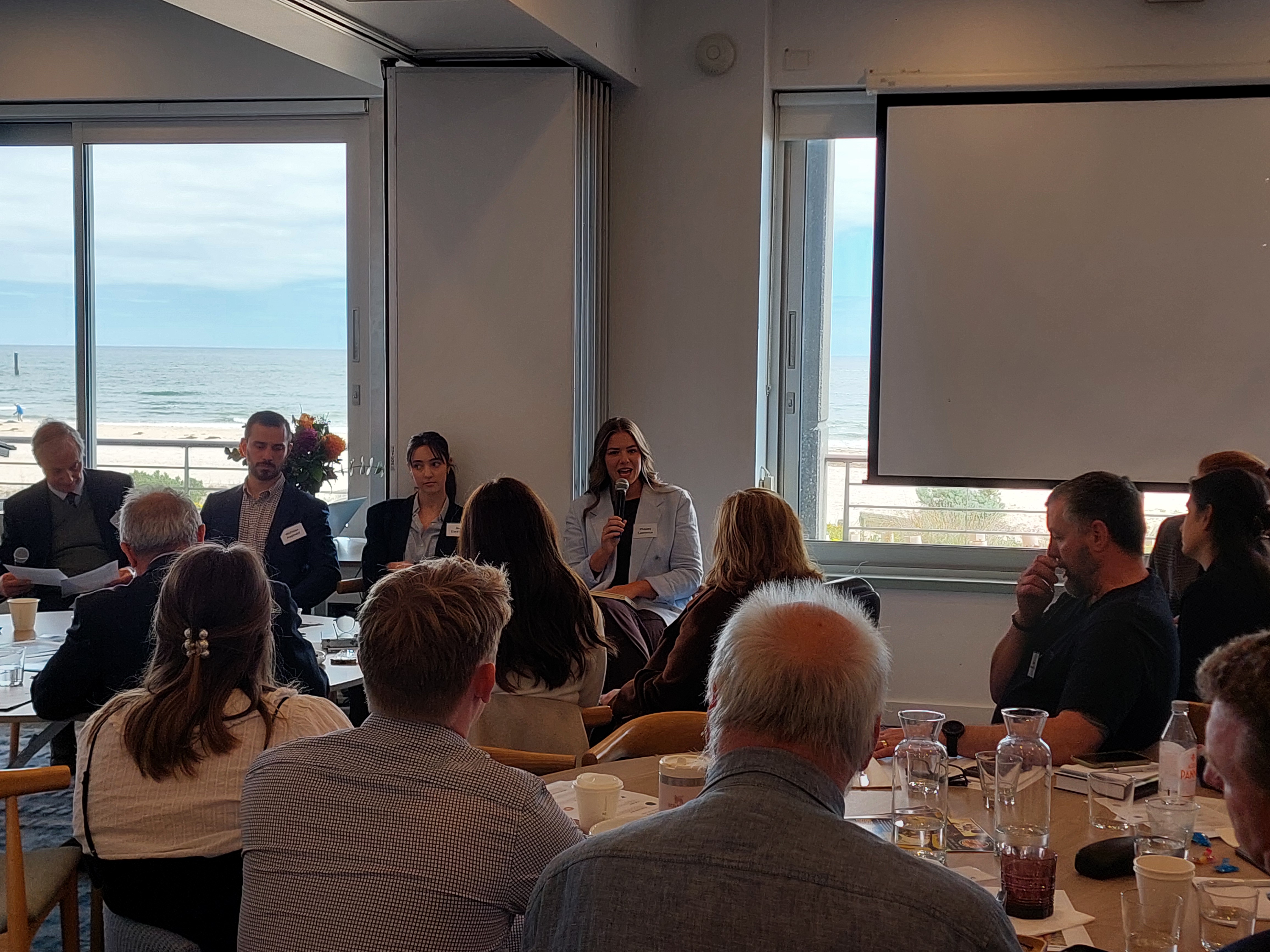
With the lunch break over, Conor Ross explored various ways to structure a classical classroom. He initially warned of the danger of becoming too technical: education is principally an artform and teachers need to avoid falling into a utilitarian, technique-focused mode of teaching. To do this, certain pedagogical principles should be kept in mind when planning lessons and learning activities. One principle is: Students hunger for the transcendent and seek it. Therefore, students ought to be given the opportunity to encounter God through beauty and wonder, and one way this can be done in the classroom is through picture studies (using “See/Think/Wonder”). Another important principle is: The cosmos rests upon deep harmonies and our classroom must reflect this. Consequently, classroom catechisms can be used to provide this sense of order. A classroom catechism is a form of question-and-answer dialogue that covers fundamental learning and is read out by teachers and students together (partly, to aid memorisation, and partly to give harmony through speaking in unison). The language and ideas in such catechisms should be initially a little difficult for students so that they grow into the learning. A final principle Conor explored is: To the sources. A classical classroom aims to use primary sources where possible. They are helpful and fun, making approaching historical or literary subject matters refreshing and exciting.
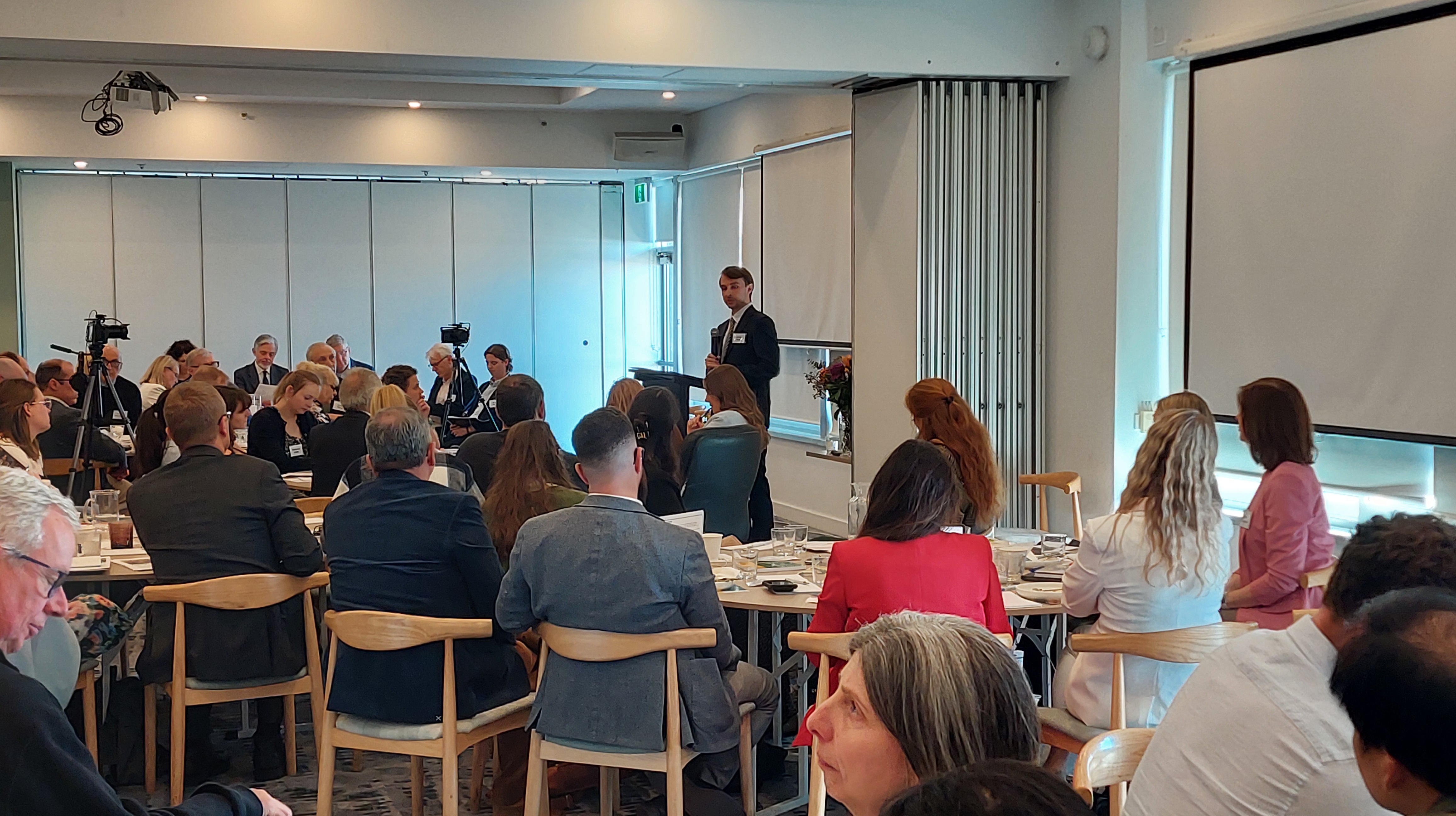
The final speaker at the forum was the principal of St Benedict School (in Mount Torrens, South Australia), Fernando Farrugia. He spoke on how to manage a classical school effectively. Fernando began by saying that the liberal arts are not only taught with truth but also with great joy and laughter, and this has underpinned the ethos at St Benedict School since it opened its doors on 29 January 2024. Their journey as a learning community has been shaped by two significant tenets: (i) unity of vision and a division of labour; and (ii) remembering, finding and forming teachers. He elaborated on both of these aspects, providing practical insight on how a school like St Benedict’s can fulfil its mission and grow into the future.
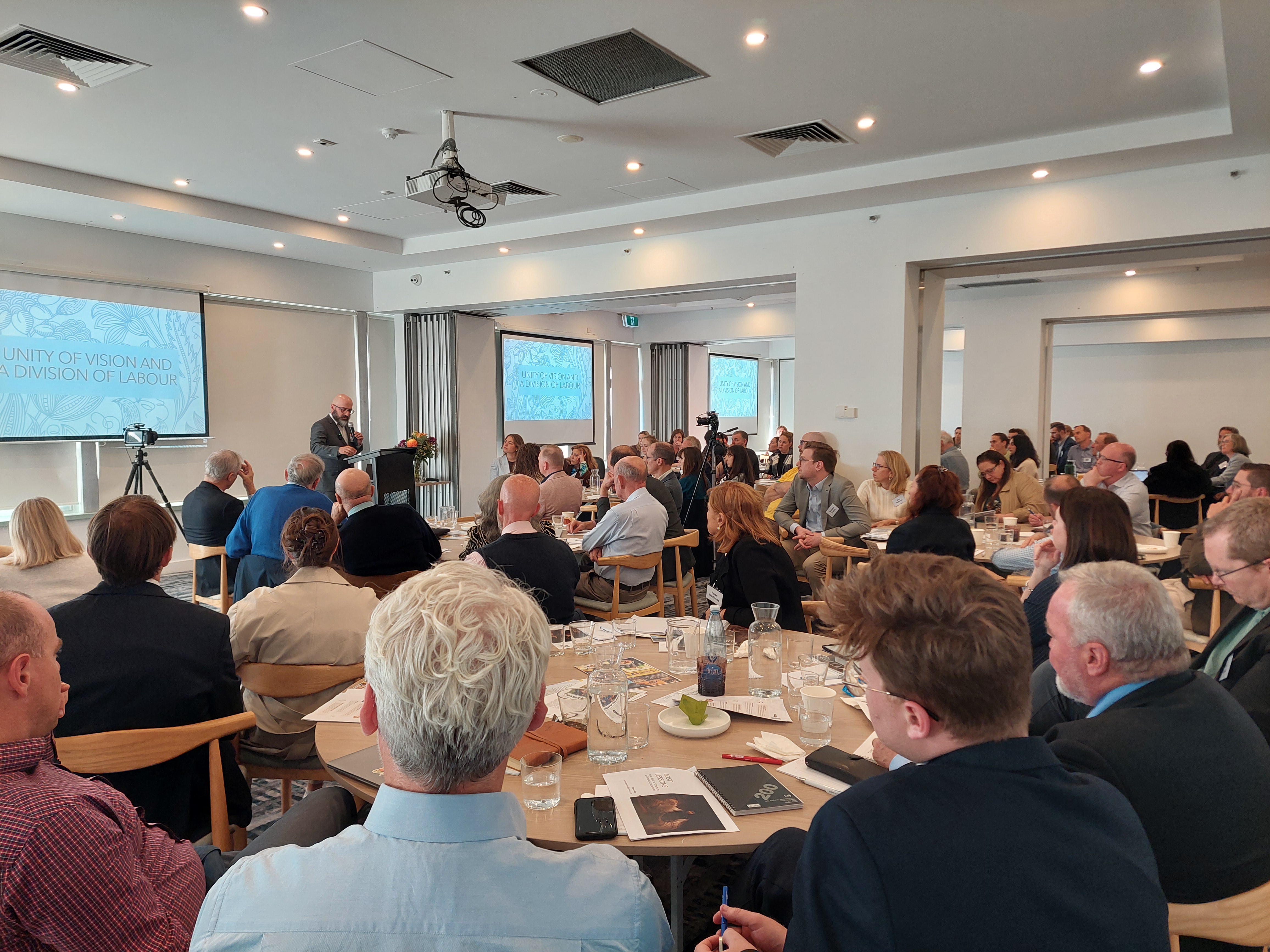
Dr Donnelly is to be heartily congratulated for an excellent forum! All attendees benefited immensely from the day, the informative and passionate speakers, the opportunity to mix and network with like-minded friends, and, certainly not least, the fine food provided by the venue. Until 2026!
